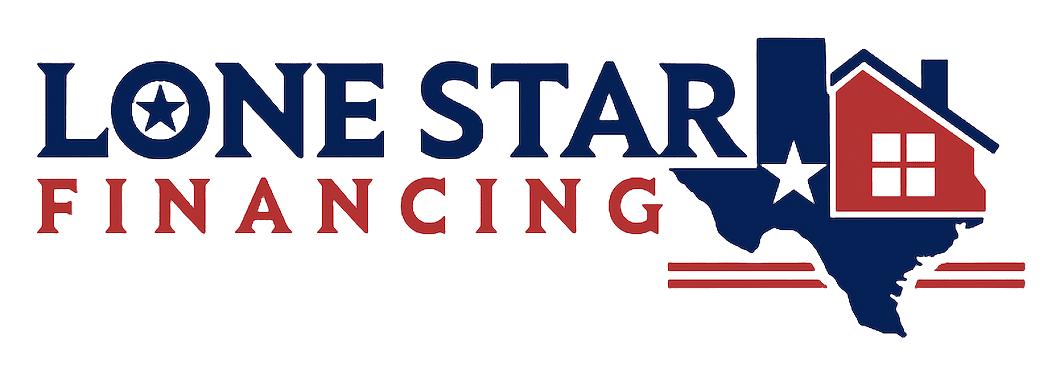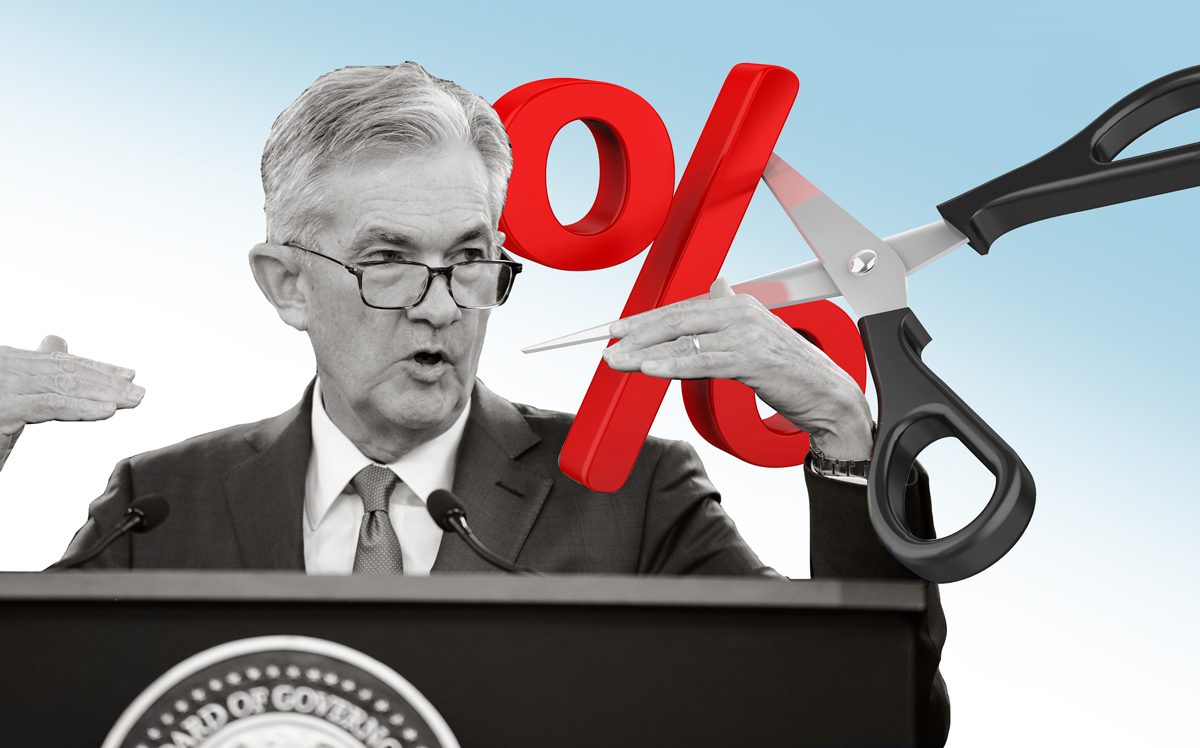For many Americans, purchasing a home was a measure of financial success for decades. After the subprime mortgage crisis, people realized buying isn’t always smart but now it seems like we’re taking it to the other extreme. You need to understand the reasons for both to make the proper decision.
Normal buying pros:
- You eliminate the expense of housing once you’ve paid it off. When you pay off your home, it’s yours.
- You’ll break even or have a return on your investment if the home appreciates more than you’ve paid in mortgage, interest, taxes, and maintenance over time.
- Tax credits help offset some of the cost of homeownership.
Normal renting pros:
- Renting isn’t throwing money away because you get a place to live.
- You don’t have to pay for repairs, maintenance, or other issues that come up.
- You’re not locked in a decades long mortgage and can move when your lease expires.
Complexities to Consider
Loan interest, property taxes, insurance, and even maintenance and repair costs on top of the mortgage itself are all “extra” payments you have to make. Those additional costs are part of what makes renting look preferable. But there are many factors that have to be weighed.
In general, the longer you’re in the home, the better, because your costs are spread out over time. Usually, people rent because home buying is too expensive, but it all depends on the market in your area. If renting is extremely costly in your area, it might be more affordable to buy a home.
Where is the money going? What sort of return could you get investing the money that would be spent on property taxes and insurance associated with homebuying instead of paying it out as part and parcel to home ownership? What about the money you saved for a down payment? If it was invested how much of a return can you expect? You have to crunch the numbers to know what’s financially best given your income. Now if you had no intention of investing these finds, the argument falls flat.
Most experts agree that you shouldn’t think of your primary home as an investment. Real estate barely outpaces inflation over time, despite popular belief. The investing myth is another valid argument against buying. Because a home purchase is still seen as achieving financial success, many people buy homes they can’t afford or stretch their finances to pay for expensive home projects. Just because your home isn’t a great investment doesn’t necessarily make it a bad purchase.
What’s Affordable For You?
As much as it does come down to the numbers, there’s still more that goes into the decision. You have to consider overall affordability. The standard is still 20% down payment for buying a home. Regardless of your down payment or loan type, you should avoid buying a house you can’t afford to keep. Finance experts recommend your housing costs shouldn’t be more than 25% of your take-home pay as long as you keep in mind this amount needs to include finds set aside for unexpected costs like a broken water heater.
You never want to be house poor (Spending far more than that 25%), so buying a home for the sake of owning is pointless. If you’re constantly in fear of the possibility of foreclosure, the sense of satisfaction in the home buying process will be short lived. The sense of satisfaction you get from owning is kind of offset by the risk of losing it to the bank. If you do the math and you have the funds and would rather own than rent, do ahead and take the plunge.
Depending upon your finances and personal situation and needs it may be smarter to rent or it may be smarter to buy. You have to measure and weigh all the small details and discover which of the two works out for you. If it’s renting, you can always buy later. If it’s buying, you can downsize when the time is right.
Lone Star Financing Can Help
At Lone Star Financing, we are a Texas-based mortgage company. We want to help you through every step of financing your new home. Fill out the quick contact form or call Lone Star Financing today at 1-800-960-4565 to speak with one of our Texas mortgage specialists and get a free good faith estimate.



